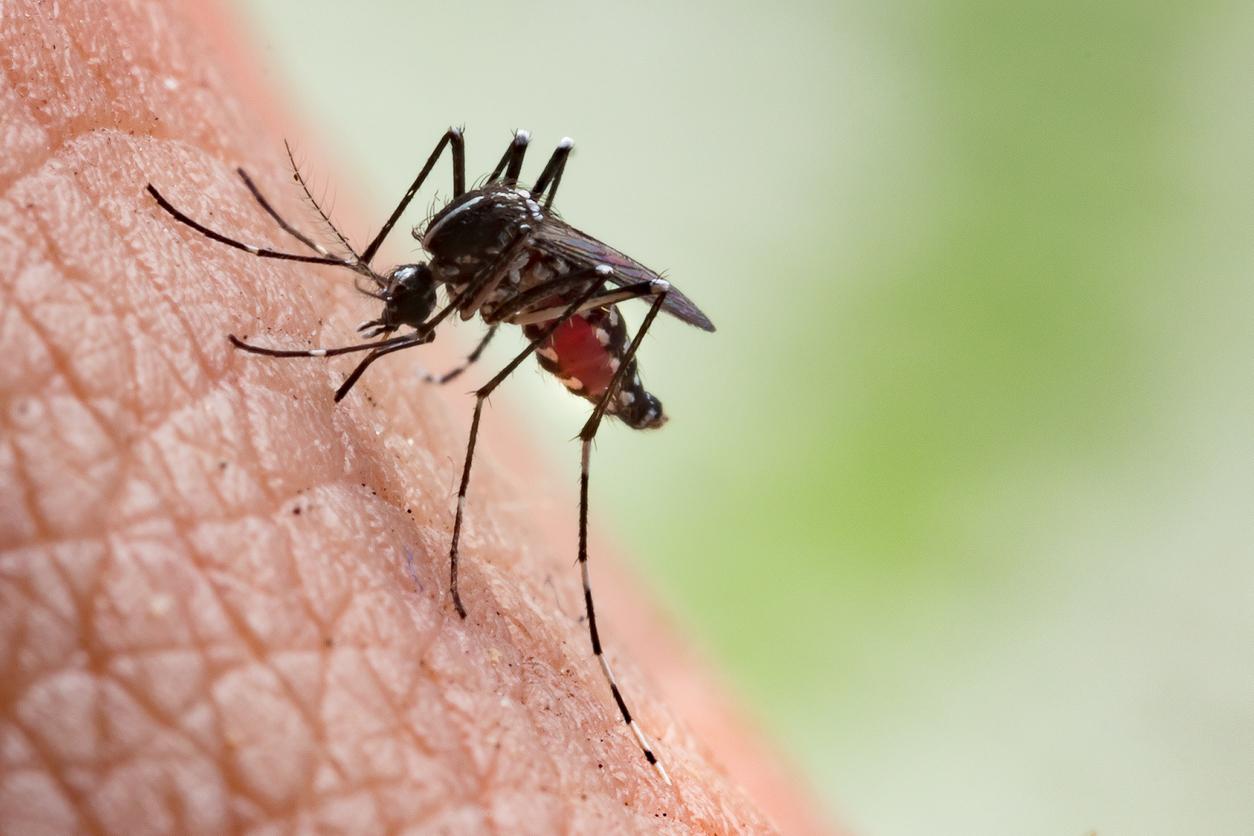The thymus, a gland often considered useless in adults, actually plays a crucial role in immune health and cancer prevention, contradicting previous beliefs.

- For years, many doctors have believed that the thymus, a gland that plays a role in the development of immunity in children, loses its usefulness once adulthood is reached.
- However, a new study suggests that the organ actually plays a vital role in immune health in adults, particularly in preventing cancer.
- Researchers have discovered that people who no longer have a thymus have twice the risk of getting cancer than those who don’t.
The thymus, a gland located in the upper chest, is known to play an essential role in the establishment of the child’s immune system. Until now, many doctors considered that this organ becomes useless once you reach adulthood, because it atrophies over time. However, a recent study, published in Tea New England Journal of medicine, questions this idea by showing that the thymus would be involved in cancer prevention and overall health.
Llack of thymus increases the risk of cancer
To reach these unexpected findings, the researchers reviewed the records of 1,146 adult patients who had their thymus removed during surgery. They compared them to others who had undergone similar operations while retaining the organ. The results revealed that people who had their thymus removed had an almost three times higher risk of death than those who still had their thymus. In particular, they were more likely to develop cancer, with a risk twice as high as the others. A more modest increase in autoimmune diseases was also observed.
“This study demonstrates how vital the thymus is to maintaining adult health”said Dr David Scadden, Gerald and Darlene Jordan teacher of Medicine did Harvard University and Professor of the Department of Regenerative Biology and Cells-strains in a communicated.
Thymus : its removal would impact the production of T cells
“The extent of mortality and cancer in patients who underwent thymectomy was the biggest surprise to me”added the first author Kameron Koosheshin the same press release. “The more we dug, the more we found: the results suggested to us that the absence of the thymus appears to disrupt fundamental aspects of immune function.“
If the causes of this increase in cases of cancers and health disorders are not yet well determined, the researchers conclude that the removal of the thymus disrupts the immune system. Among other things, they noticed an impact on the rate of T lymphocytes, also called T cells.
“In a subset of patients in whom T cell production was measured, those whose thymus had been removed had less new T cell production, including helper and cytotoxic T cells. These patients also had higher levels of pro-inflammatory cytokines – which are small proteins associated with autoimmunity and cancer – in their blood.”note the scientists.
The results of this study, conducted by Harvard researchers, open new perspectives for research in the field of immunology and the fight against cancer.

















